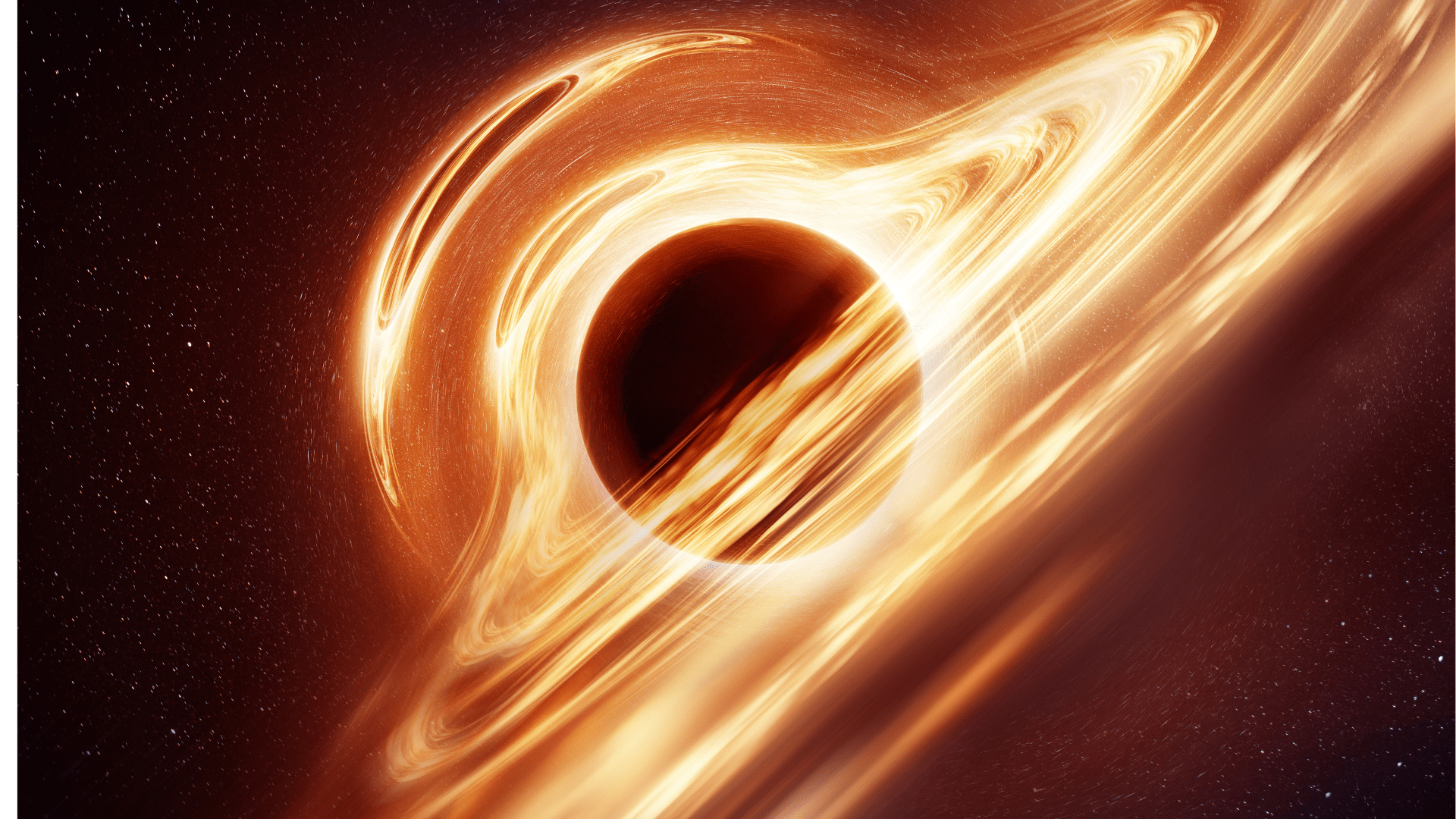The black hole at the center of a galaxy can heat the surrounding cold gas, preventing it from condensing and forming new stars, according to a study by Chinese and French researchers who examined 69 nearby galaxies. Their results show that the larger the black hole, the less cold gas there is in the galaxy.
According to lead researcher Wang Tao of Nanjing University, cold gas is the essential raw material for star formation, and the larger the black hole, the less cold gas there is in the galaxy. the South China Morning Post reported.
The study could explain why some galaxies continued to grow over long periods of time while others became passive and inactive.
From trillions of stars to the central supermassive black hole
David Elbaz, co-author of the study from the Université Paris-Saclay, compared this phenomenon to placing an upside-down glass over a candle.
“After a few seconds, the candle goes out due to lack of air. Likewise, the black hole prevents the galaxy from continuing to produce new stars,” he explained.
Galaxies are the essential building blocks of the universe, each of them generally hosting millions to trillions of stars, as well as interstellar gas, dust, and a supermassive black hole at their center.
Scientists have long known that the mass of a supermassive black hole is related to the mass of the stars in its galaxy. According to Elbaz, the black hole’s mass is typically about one-thousandth the mass of all the stars in the galactic bulge, a region where star formation has long since stopped.
Astronomers suspected that the black hole might prevent new stars from forming, but until now there was no direct evidence to support this theory. The new study focused on a particular type of gas called atomic hydrogen, which is the main component of the interstellar medium and a key component in star formation.
The study also found that the amount of atomic hydrogen in a galaxy depends strongly on the mass of the black hole at its center, rather than on factors such as the total number of stars or the size of the galactic bulge.
Two mechanisms by which the mass of a black hole affects the gas in a galaxy
Lead researcher Wang also explained that the correlation between the amount of cold gas and other factors is very weak when the influence of the black hole mass is removed, suggesting that the black hole mass is the most important physical parameter affecting the amount of cold gas in a galaxy.
Elbaz suggested two possible explanations for the finding. First, the black hole could be ejecting gas from the galaxy, although this is unlikely since many galaxies with active black holes continue to form stars. The second possibility is that jets from an active black hole heat the surrounding gas, preventing it from powering the galaxy – a process known as galaxy starvation.
He preferred the latter explanation, which was supported by recent cosmological simulations.
The new study provided direct observations to confirm this hypothesis, which surprised him since previous studies had not found direct evidence for it. Nevertheless, the researcher also noted that it offers a logical explanation for the observed behavior of galaxies, SCMP reported.
The team will soon use data from China’s FAST radio telescope and the upcoming Square Kilometre Array in South Africa and Australia to test their findings on more distant and smaller galaxies. This will help refine their conclusions and confirm their general applicability.
ABOUT THE PUBLISHER
Bojan Stojkovski Bojan Stojkovski is a freelance journalist based in Skopje, North Macedonia, who has covered foreign policy and technology for more than a decade. His work has been published in Foreign Policy, ZDNet, and Nature.

